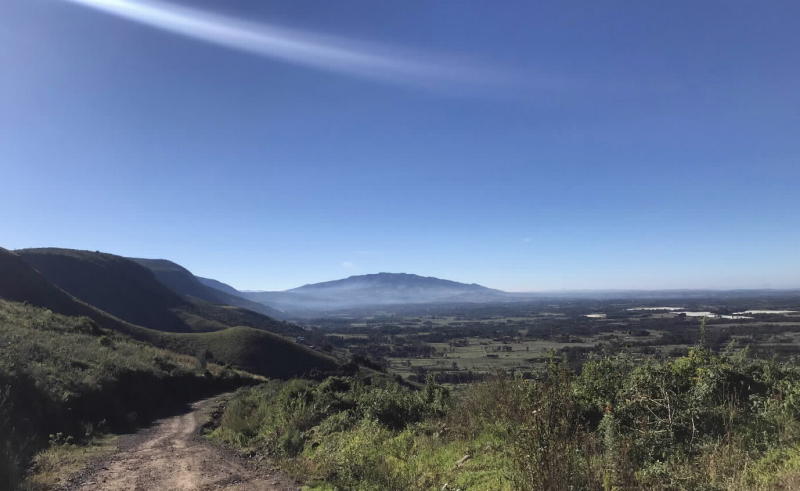×
The Standard e-Paper
Join Thousands Daily

The Wanjohi valley, better known as Happy Valley, is a scenic region in Nyandarua County and one of Kenya‘s most famous landmarks. It hugs the Aberdares to the east, Lake Ol Bollosat to the north and Mount Kipipiri to the south. It is bordered to the west roughly by the Gilgil -Nyahururu road.